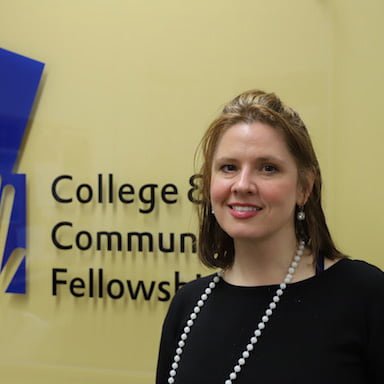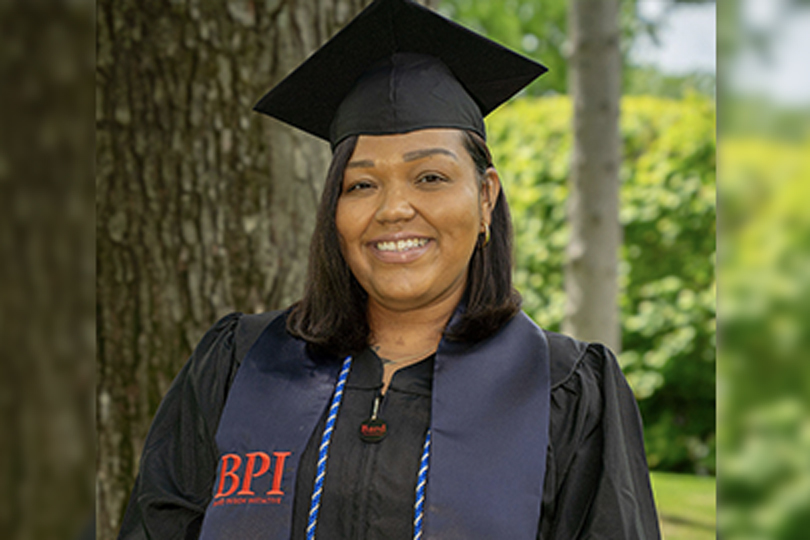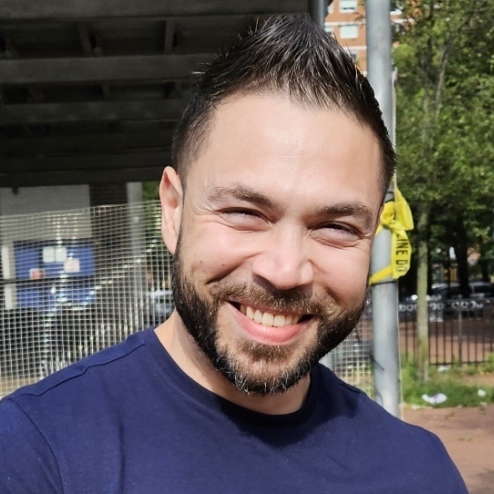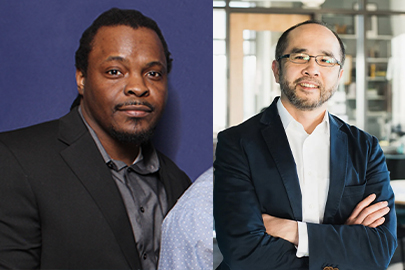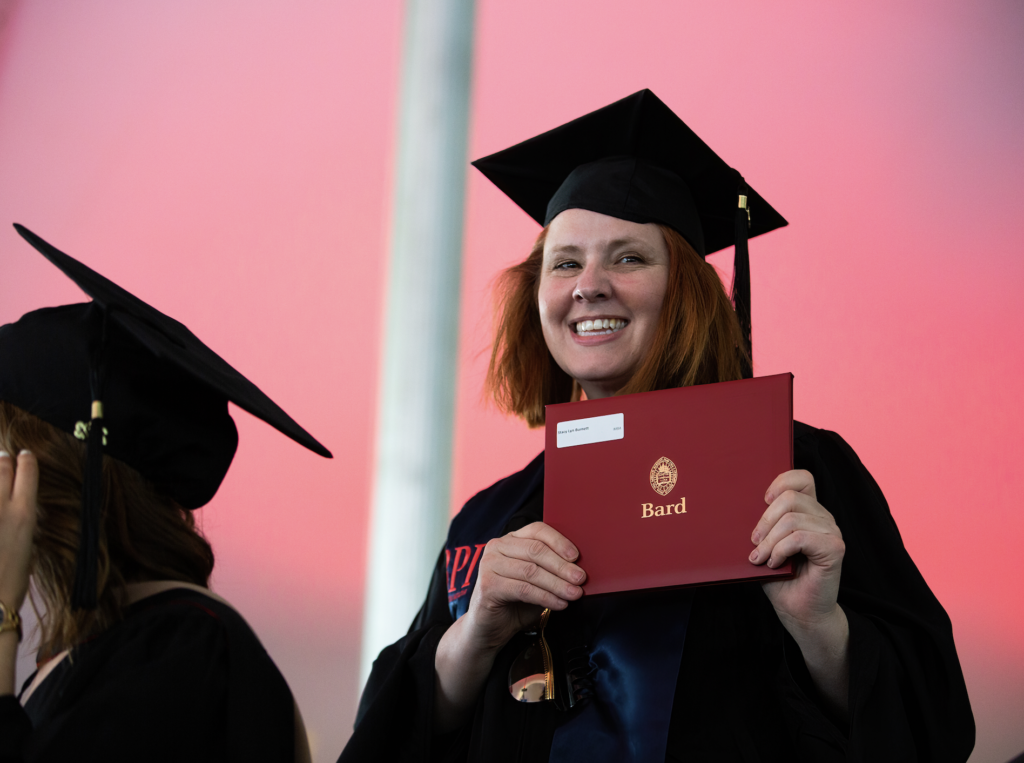This reflection by Stacy Burnett ’20 is part of the Community Voices op-ed series for the BPI Public Health Journal. Through the COVID-19 crisis, BPI alumni, staff, and faculty will be posting reflections about their work and response to the virus here on the BPI Blog.
This all feels familiar to me and my son, and, I would hazard a guess, familiar to many BPI alums. COVID-19’s impact on our social connectivity increasingly resembles the social reorganizing people experience when a family member is ensnared by the criminal justice system. Right now our protracted state of unknowing reinforces our powerlessness against the Kafkaesque authoritarianism endemic to a carceral experience. Initially, New Yorkers were told we can leave our homes in two weeks. Only kidding! “We’ll re-open the nation by Easter,” Trump promised. “SYKE!” The government’s mercurial response to COVID-19 provokes anxiety as people are cooped up wondering how they will pay their bills, check on grandma, or have their babies while this biological terror wends its way through our communities. Incarcerated people and their families already have confronted the nonsensical schema of prolonged separations without clearly defined timeframes, objectives, and outcomes; my son and I were separated by prison gates for half his life, and it was impossible to know exactly when I would be able to come home.
In 2020, the barrier between my son and me is COVID-19 as we practice social-distancing. We had believed separation was firmly behind us – but COVID-19 has blurred the lines between carceral society and the public-at-large. While the rest of the world struggles to maintain emotional connectedness, my son and I already are well-practiced in overcoming the pain of separation. While our experience does not confer immunity to the social upheaval unleashed by COVID-19, overcoming the years of prison separation has provided us with means to reckon with this new reality foisted upon us.
We are reliving that era when visiting hours and his father’s work schedule were incompatible with a trek to prison to see mom. Phone calls and letters were all we had to stay abreast of the developments in each other’s lives. The omnipresence of technology available in greater society provides a luxury unfamiliar to us while I was in prison. The greatest chasm for contact now? He is solidly in the iPhone camp while I am Team Android, so we cannot FaceTime. His friends who also are separated from one parent during the pandemic are experiencing an emotional turmoil foreign to him – we have Zoom and Skype! He is astounded when his friends lament the inadequacies of these technologies; they’re useful and all but they still don’t allow them to be with friends and family living in other households. His friends are fixated on the promise of their new lives once the world re-opens in the same way my family endured that interminable wait for the prison gates to slide open for me. My son and I don’t like COVID-19 restrictions, but unlike his friends, we know how to exist within them by focusing on what we do have until the pandemic is over – each other.
Stacy Burnett ’20 is the Recruitment Coordinator for College & Community Fellowship. She is an alumna of BPI and is pursuing a degree in Public Health at CUNY.
